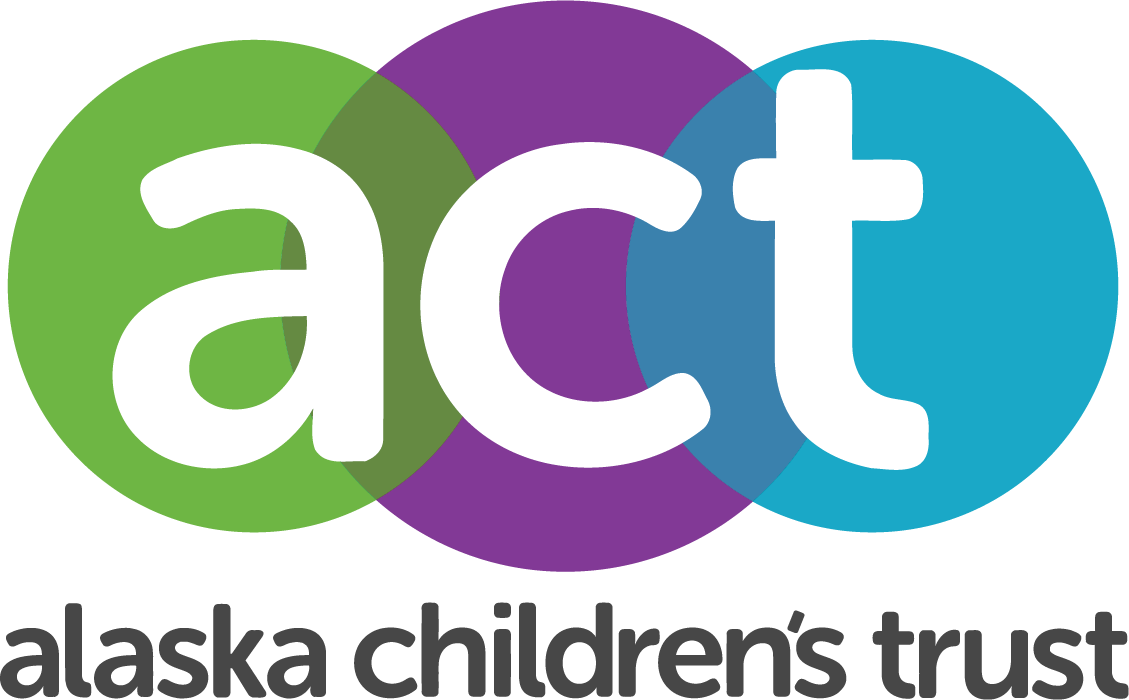Advocating for Early Childhood Education
This is an excerpted impact story from our 2020 Annual Report.
Cora and Brianna are two children alike in many ways: both 3-year-old, smiley, responsive toddlers starting to grasp potty training and other key developmental milestones, both immensely loved – but with different situations in life. Cora’s parents are attentive – responding, playing, and reading to her, ensuring she has everything she needs, including lots of interaction as her brain develops. Brianna has a different story – there is no lack of love in her house, simply a single dad trying to stay afloat and managing as best he can. He works two jobs, trying to make ends meet but struggling each month, and unable to spend much time with his daughter. Before even reaching age 4, these girls are given different sets of odds for future success, due to their support systems.
Preschool-age children like Cora and Brianna experience dramatic brain development, achieving 90 percent of their adult brain volume by age 6 and nearly quadrupling their brain weight. The early childhood years are critical for helping grow key brain connectors - synapses. When children are stimulated and interacted with, they build these connectors, which set them up for greater ability to learn later in life. Relationships with caring and dependable adults are essential in healthy development as well; caregivers who give attention, responding and interacting with children, are laying strong foundations in the child’s brain.
The two toddlers in our story may have had different outcomes in life because of their early childhood home environments, but, luckily, there is one more factor at play: Both girls are enrolled in preschool. Early childhood education (ECE) programs like preschool offer huge benefits – improving cognitive and emotional development, self-regulation, and academic achievement. ECEs also help level the field for children like Brianna, minimizing gaps in school readiness between low-income and economically advantaged children.
This year in Anchorage, thousands of children like Cora and Brianna were seen and supported by our community. As an advocate, Alaska Children’s Trust strives to influence public policy in support of safe children, healthy families, and strong communities. This year as an advocate, we joined a campaign led by Recover Alaska, a nonprofit that addresses and prevents alcohol misuse, to help pass Anchorage’s first alcohol tax. The 5% tax, estimated to generate between $11 and $13 million annually, will allocate $2 million dollars toward early education programs like the one attended by Cora and Brianna. Another $2 million will be directed to grants for prevention of child abuse and neglect, sexual assault, and domestic violence. Overall, the revenue will fund three key areas, all of which relate back to creating strong Alaska families and communities:
Public safety and first responders
Prevention of child abuse, sexual assault and domestic violence
Prevention and treatment of mental health, substance misuse and homelessness
Despite the failure of previous tax proposals, Alaska Children’s Trust helped mount a formidable campaign that combated negative messaging and outlined the benefits of the tax. Key stakeholders from each of the three funding areas came together and worked to find opportunities for public testimony to ensure Anchorage voters connected with citizens’ voices.
Alaska Children’s Trust knows that these funds will ensure children like Brianna get the same opportunities as other kids and that, in the long run, these measures are also cost-effective. Early childhood education programs are an indicator in crime reduction, and creates cost savings from reduced grade retention, decreased health care costs, and increases in maternal employment. Tiffany Hall, executive director of Recover Alaska, noted that “When you help people before they are in crisis by providing treatment, or providing counseling, or providing early education, and you can help them before they get to the point where they need an emergency room, or they are going to jail, it’s just so much cheaper, it’s so much more cost-effective.”
There is still work to be done with the alcohol tax. “Now that the tax has passed, how do we make sure the money goes to what we intended?” says Sarra Khlifi, community advocate with Alaska Children’s Trust. As recently as January 2021, early childhood funds were nearly diverted. Alaska Children’s Trust will continue advocating for children like Brianna and Cora and ensure they and future generations receive supports to grow up to be healthy and happy members of the community.

